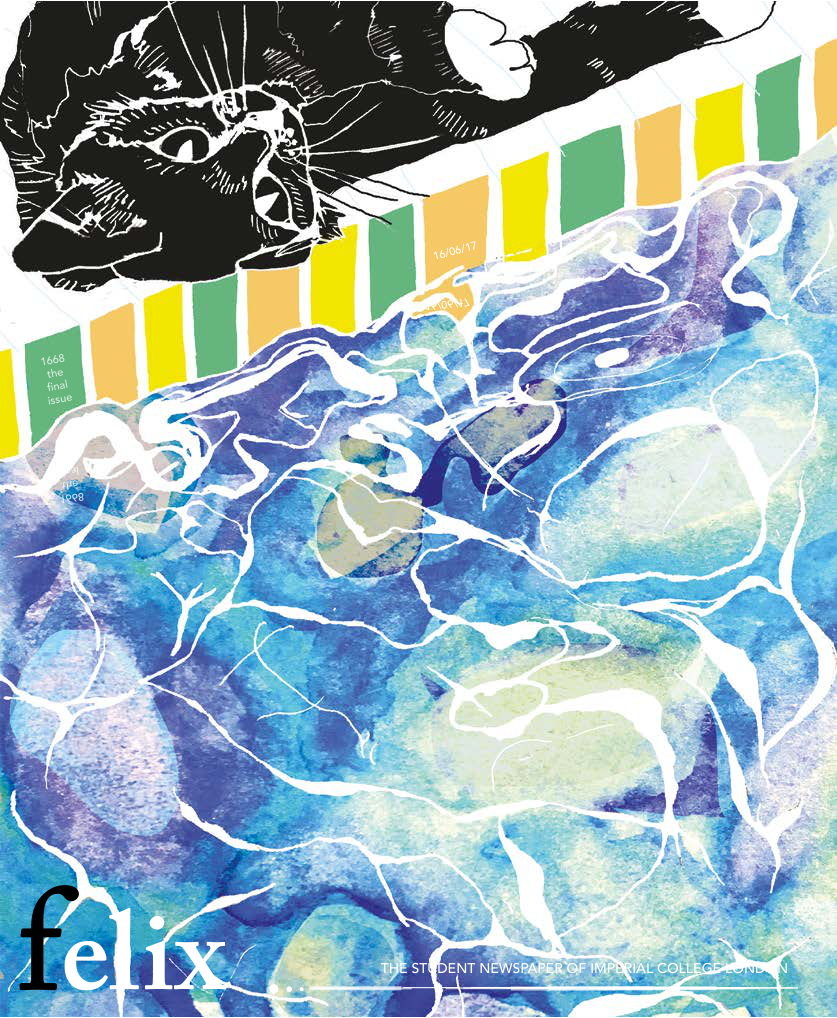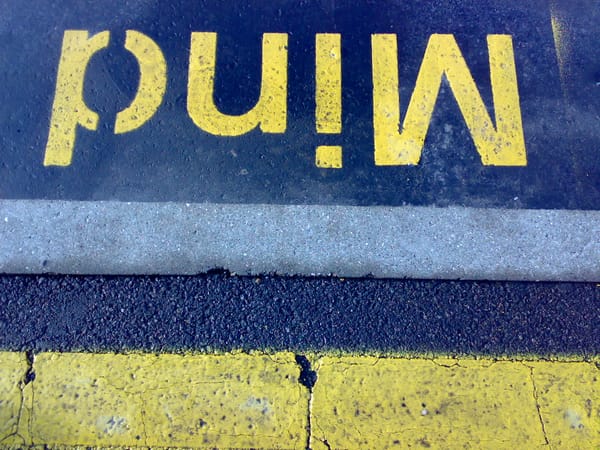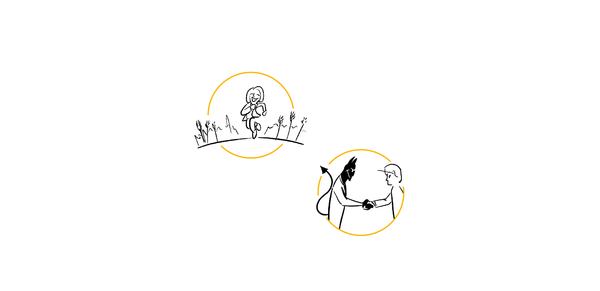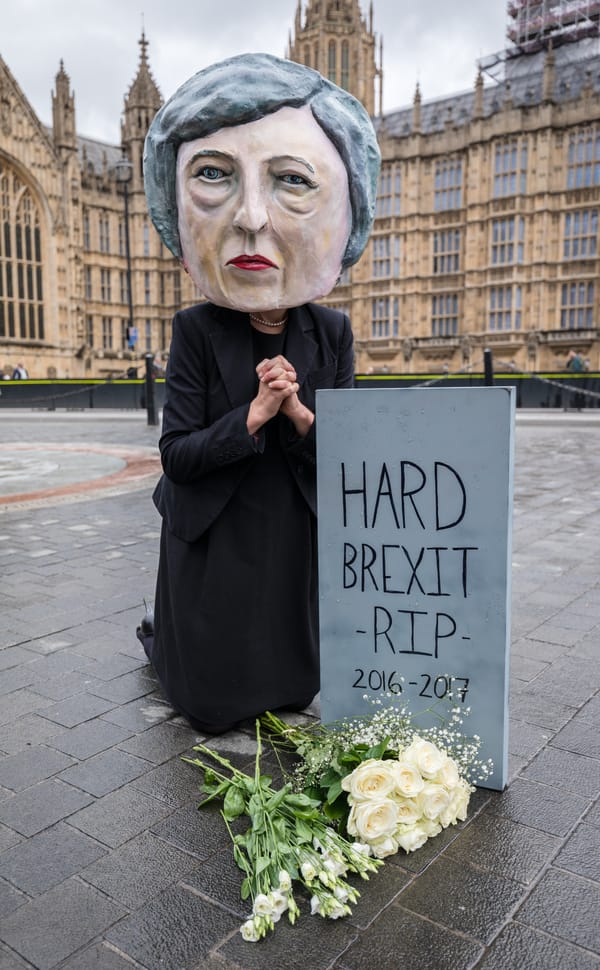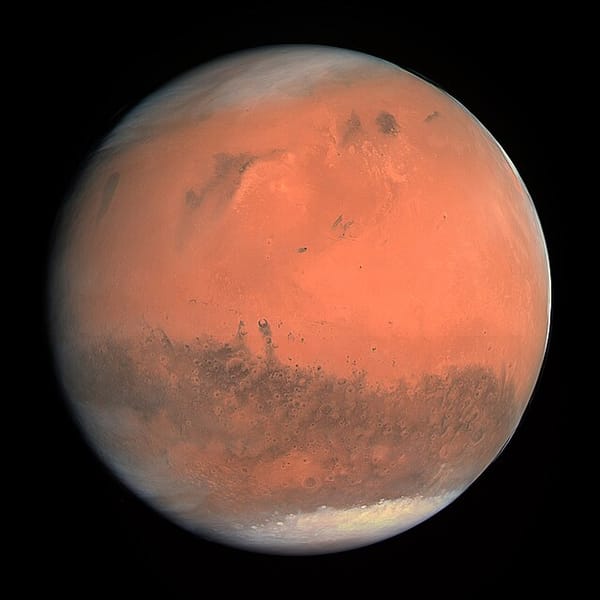It doesn't matter if you're queer or not, you need to support Gay Pride
Lef Apostolakis is fed up of faux acceptance
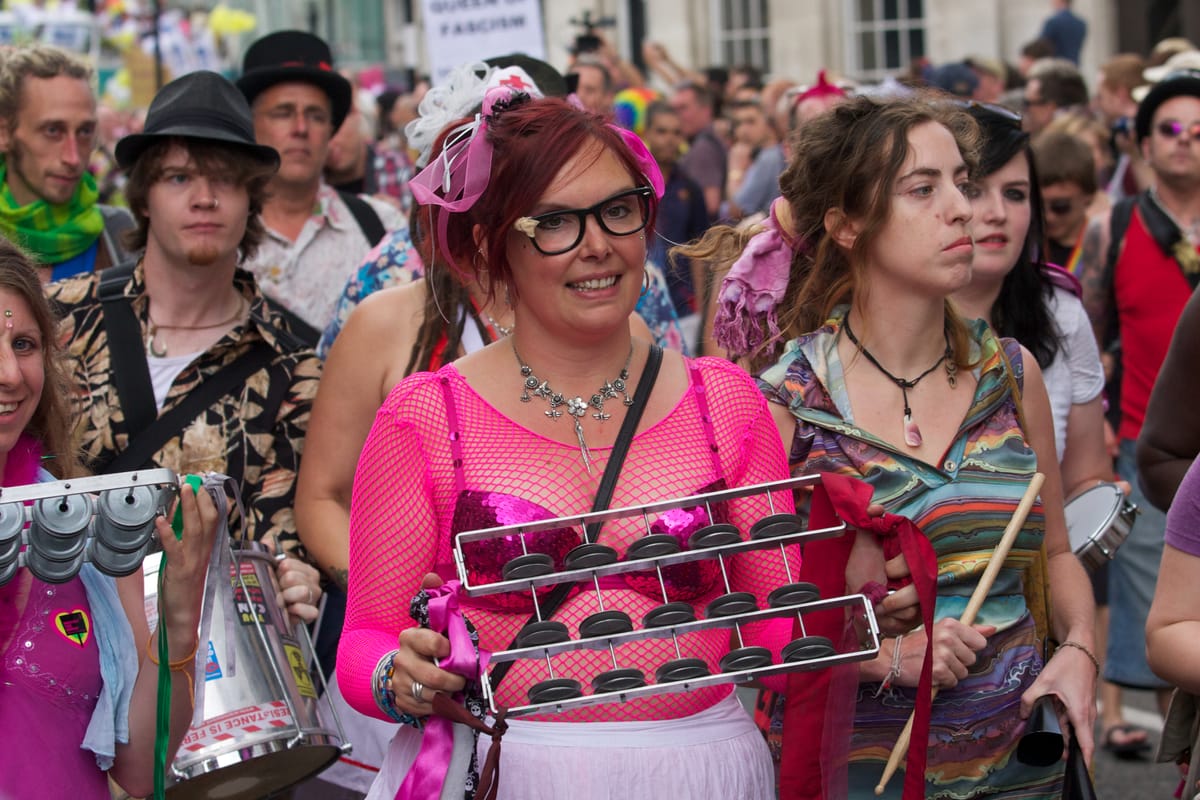
It doesn’t matter if you’re queer or not. You need to support Gay Pride.
It’s that rainbow month of the year again, when queers all around the world take to the streets to celebrate being alive and every bigoted dickhead gets the opportunity to rant about how they “don’t mind The Gays but do they really have to strap a dildo on their heads and strut around in public”. Though such questions tend to produce a small pulsating vein on my forehead, I’ve come to realise they do raise legitimate points. Because how can people who are uncomfortable with the LGBTQ+ community be expected to celebrate it when all they’ve ever been asked to do is to tolerate it?
Fuck tolerance. Controversial, I know. For a long time I really thought tolerance was the Holy Grail, because tolerance meant being allowed to exist. This tolerance came at the price of not drawing attention to your irregularity, not provoking, being invisible and most importantly being grateful for it. Today I want more.
Before coming out to my parents, I thought I’d be happy with not being disowned and although they accept and love me still, to say that I’m happy with the resolution of my big coming out would be a lie. Our relationship has changed and although it’s slowly being mended it will take years before they’re comfortable with who I am.
This spring my mother came to visit. We drank and talked and cried and got closer than I think we’ve ever been. Still, when I joked about taking her to Pride with me she made it clear it would take a while before we got anywhere near that stage. It’s understandable. She’s of a different generation. All I can do is love her with all my heart and be there when she is ready to join me. Some of my best friends have repeatedly told me I should be grateful for the love and acceptance I’ve received, and I really am. But I’m also asking for more, not from my parents really but from society. I’m done being tolerated, feeling appreciated despite being gay.
Tolerance is great and all when we’re talking about religion, heatwaves, or London’s crack fox population. But really if you think about it, tolerance should not be used to describe groups of people.
We shouldn’t tolerate the Gays, the Muslims, the Blacks, the ‘insert minority group's name here’. They’re not ideologies, they’re not adverse weather conditions, and they’re not pests. They’re people.
People are meant to be loved and celebrated. It doesn’t matter what you are. I don’t care about the colour of your skin, your genitals, your gender or lack thereof. I couldn’t give a fuck about your religion. I care about who you are. I care about how you treat me and others.
By offering tolerance to me you’re disrespecting me by acknowledging your superiority and power over me. To ask for tolerance is even worse. It’s an act of desperation, an admittance of defeat. Sure there are places in the world where members of the queer community have to literally plead for their lives, but thankfully this is no longer one of them. So I’m done pleading. I’m ready to claim the respect I deserve.
It’s not an easy conclusion to arrive to. I myself didn’t get it until I went to my first Gay Pride last year. I had just completed a final round of very public coming outs (may it be the last one) to my extended family, and pretty much anyone who still kept in touch with me through social media, and I was free to publicly participate in one of the world’s largest celebrations of queerness.
I remember shyly almost asking some close friends whether they’d like to go to London Pride with me and the excitement that engulfed me when they almost indifferently said they would.
I remember wandering through London and seeing people being themselves, happy, unafraid.
I remember the speeches and the concerts and being able to share that moment with people that I loved and who loved me back. That feeling of belonging, acceptance, blind love, community; that was the closest I’ve ever come to experiencing God. I remember all the people marching, some sporting feathered buttplugs and leather chokers, others metre-high wigs and towering heels. People with hairy pits, legs, and crotches, people with unicorn makeup, flannel shirts, septum piercings, shaved heads, tracksuits, gimpsuits, and suits made of latex. But most vividly I remember the ‘normies’, the straight allies, the ones who didn’t care about who anyone was, the ones who’d come to show their love.
Because that’s what Pride is really about. It’s transcended from a celebration of queerness to a celebration of love. Love that crosses borders, disregards social norms, colour blind love, tone-deaf love, gender-bending, cross-dressing, unboxable love. And that’s why you need to celebrate Pride. Sure some of the events face inclusivity issues, or have complacently fallen victims to consumerism but Pride remains one of the most beautiful celebrations established by our civilization. If you believe in a world united, a world that trumps hate, where people can just unapologetically be themselves, free, beautiful, and powerful, you simply have to participate. It doesn’t matter what you are.
Just love me and I will love you back.
No that’s not right.
You don’t have to love me, just let me love you.


